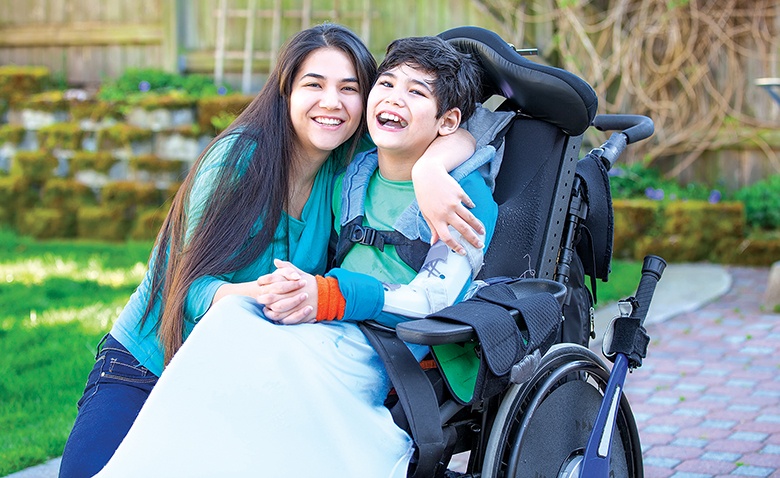
An Individualized Education Program, commonly known as an IEP, is a child-specific written document to ensure that a child with an identified disability attending school receives appropriate specialized instruction and related services. “Related services means transportation and such developmental, corrective, and other supportive services as are required to assist a child with a disability to benefit from special education…”
Historically, the IEP has been described as the centerpiece of the Individuals with Disabilities Education Act (IDEA). All aspects of the special education and related services are regulated and implemented in a child’s IEP. The IEP Team is required to address specialized transportation for a child determined eligible to receive this related service. Transportation is provided based on an individual child’s specialized transportation needs that are approved by the IEP Team prior to implementation.
The related service transportation is defined in the IDEA as follows:
1. “Travel to and from school and between schools,
2. Travel in and around school buildings, and
3. Specialized equipment (such as special or adapted buses, lifts, and ramps), if required to provide special transportation for a child with a disability. (34 CFR §300.34 (c)(16))”
There are two main parts to the IEP process: (1) the IEP team meeting(s), when parents and school district personnel make decisions about a child’s special education and related services, and (2) the IEP itself, which is a written record of the decisions agreed upon at the IEP team meeting. The IEP delineates the required resources and services to be provided to a child at no cost, and the duration and amount of services that will be provided. The IEP is used to monitor IDEA compliance for an individual child.
Specialized transportation decisions requires addressing each child’s explicit needs case by case. The following are suggested topics that may be discussed at an IEP team meeting to support a safe ride.
1. Allergies
2. Alternative Vehicle Selection
3. Climate Control Vehicle
4. Diastat Transport & Administration
5. Do Not Resuscitate (DNR) Orders
6. Driver and Attendant Assignment
7. Epi-Pen Transport & Use
8. Length of Ride Time
9. Medication Transport & Use
10. Nursing Services
11. Oxygen Transport & Use
12. Participation in Evacuation Drills
13. Pick-up and Drop-off Location
14. Pick-up and Drop-off Times
15. Regular versus Specialized Route Assignment
16. Required Training (Drivers & Attendant)
17. Service Animals
18. Specialized Equipment
19. Specialized Seating
20. Supervision
This list is not exclusive. Additional issues and concerns may be raised by IEP team members to focus on an individual child’s specialized transportation needs.
Determining when a transportation representative should attend an IEP team meeting is a critical consideration for providing a safe ride. Transportation personnel attendance at IEP meetings may be required to provide dispatchers, drivers, attendants and other transportation personnel with imperative child specific information.
The following list of questions provides a starting point for when a transportation representative should consider attending and/or participating in an IEP team meeting? This checklist is not all inclusive.
• Is this the first time a child with a disability is eligible for the related service transportation?
• If a child with a disability has previously received the related service transportation has anything changed?
• What transportation services are to be discussed and documented on the child’s IEP?
• What is the impact of a child’s disability on the need for specialized transportation services?
-Behavior Management Issues and Concerns
-Medical Issues and Concerns
-Specialized Equipment Needs
• Can the child with a disability ride on a regular school bus route?
• Does the child require specialized transportation services? (Describe)
• What is the age of the child with a disability?
• What level of supervision does the child with a disability require?
• Where is the IEP and related service(s) school assignment location?
• What other factors may impact safe ridership?
In summary, safe transportation for children with specialized transportation needs are complex and requires transportation personnel to be fully informed about an individual child’s IEP specialized transportation service needs. This can only be accomplished when transportation personnel are included in the IEP team meeting process, as appropriate.
Unequivocally, as a special needs transportation policy specialist for over 40 years and expert witness, with more than 25 years of experience, I can confidently share that too many school transportation litigation cases have ruled favorably for plaintiff’s when transportation personnel are not invited to attend the IEP Team Meeting and/or informed about transportation decisions made at an IEP meeting. A change in this irresponsible and negligent practice is long overdue.
Linda F. Bluth, Ed.D. (linda.bluth@napt.org) is one of the nation’s foremost experts on special needs transportation. She currently serves as Special Needs Consultant for the National Association for Pupil Transportation® (NAPT).


